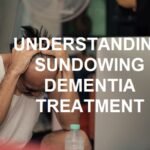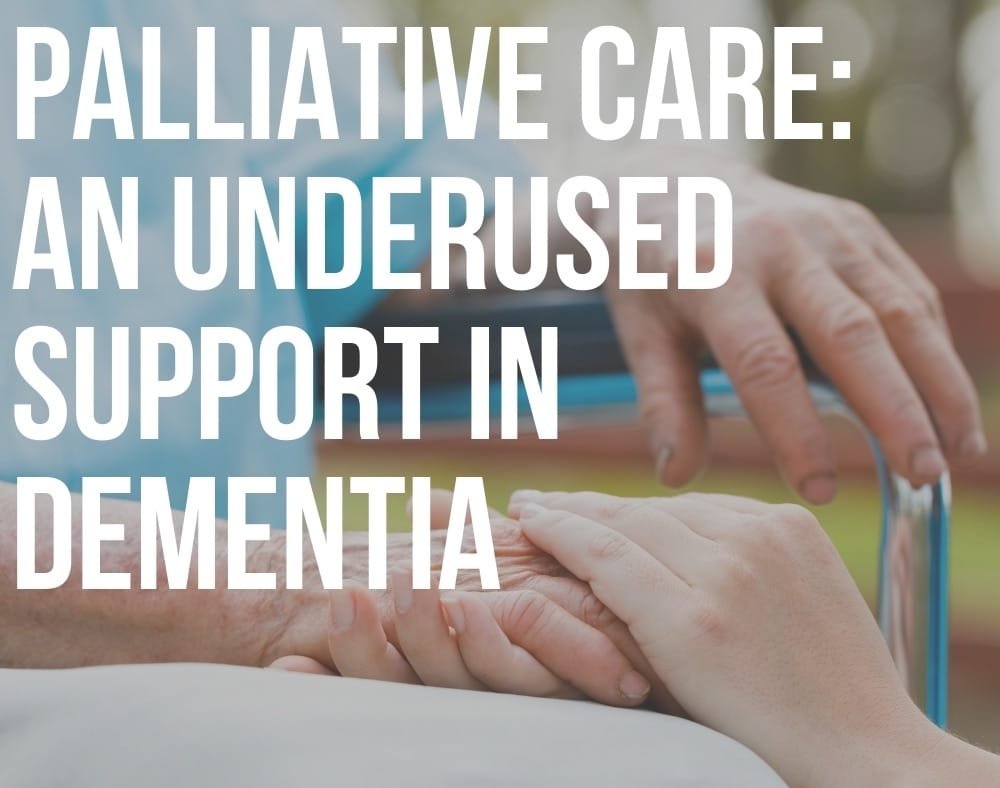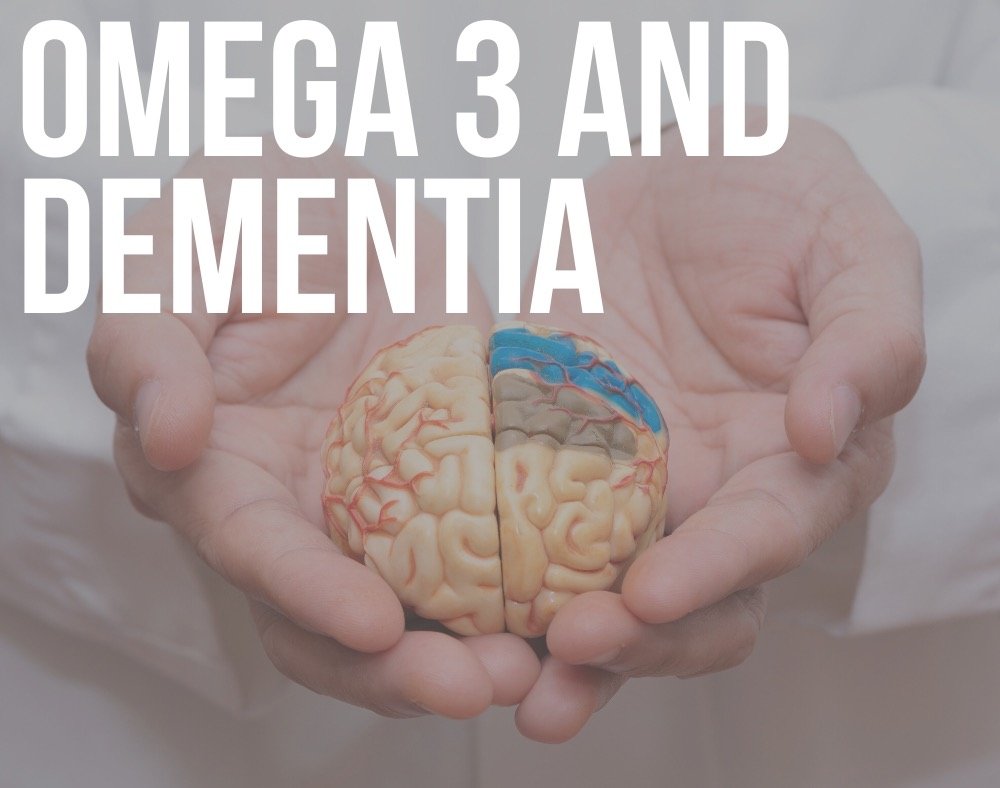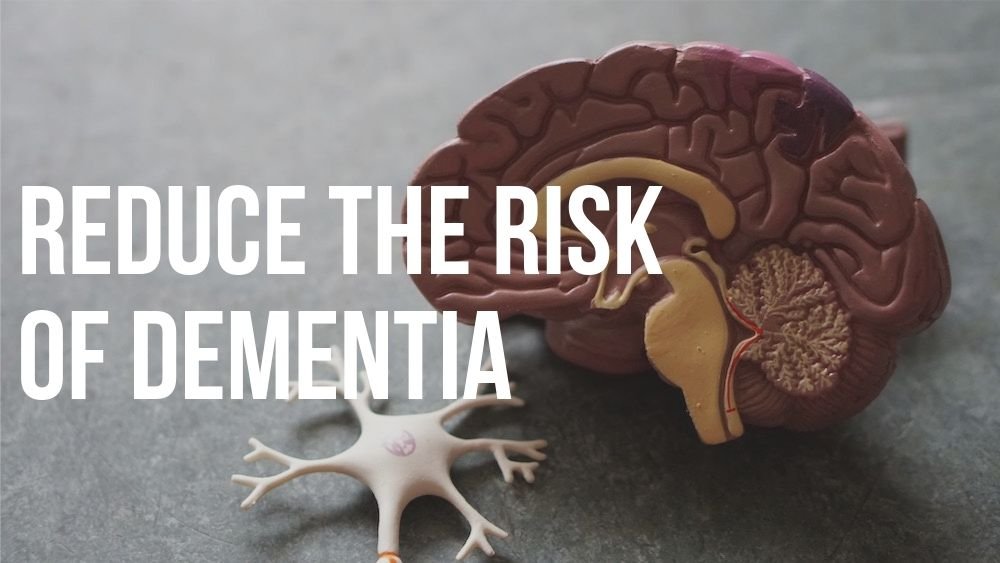There can be a pattern of deterioration when it comes to sundowning and dementia.
Some people with dementia normally go through challenging times during the late afternoons or early evenings. This is a condition that is known as sundowning.
It is also known as sundown syndrome or late-day confusion.
This is where a person with dementia may experience big changes like irritability, agitation, confusion, and restlessness that can either start or become worse as the day begins to end.
Contents
Everything to Know About Sundowning And Dementia
These usually get better by daybreak. At times, this might continue into the night, affecting how a person sleeps and eventually how they function during the day.
In most cases, sundown syndrome happens to persons who have advanced or mid-stage dementia.
Almost 20% of people who have dementia experience the syndrome.
Sundowning itself is not a disease, but it is a group of symptoms that tend to occur at a specific time of the day affecting persons with dementia.
Even though sundown syndrome is real, it is one of the most misunderstood dementia behaviors. Below we get into more details about sundowning and dementia – a pattern of deterioration?
Possible Causes of Sundowning

It is still not clear what the exact causes of sundowning are. Studies, however, suggest a few theories that explain what some of the possible causes might be.
One of the most prominent is the changes that happen in the brain, which in turn affect an individual’s “biological clock,” making them confused about the wake and sleep cycles.
It is where a person cannot tell when it is daytime or when it is nighttime.
The problem becomes worse when the clock changes, i.e. when the daylight becomes extended or suddenly gets lost. This often leads to irritability and other sundowning behaviors.
Other factors that may cause this condition include:
- Pain and discomfort
- Being overly tired
- Boredom
- Depression
- Thirst, hunger, or other unmet needs
- More shadows and less light in the house
- Reactions to frustration cues that exhausted caregivers may showcase at the end of a long day
- Overstimulation by noisy children, a loud TV or when their caregiver is doing chores around their living space.
- Changes in the environment: Most people with dementia are attuned to their environment to the extent that they can become distressed when slight or big changes occur. For instance, if a person lives in a nursing home, agitation may come about when there is a shift change. At home, it is easy for the persons with dementia to pick up bad moods from their relatives which often leads to a reaction.
- Disorientation because of not telling the difference between reality and dreams while sleeping
- Existence of infections like UTI (urinary tract infection), etc.
Signs of Sundown Syndrome

When discussing sundowning and dementia, It is important to pinpoint some of the signs to look out for if you suspect that a person with dementia has late-day confusion.
Some of the most common ones are:
- Yelling
- Pacing
- Mood swings
- Seeing or hearing non-existent things
- Arguing
- Wandering
- Restlessness
- Confusion
- A compelling sense that someone is in the wrong place
- Rummaging through rooms, or drawers, etc.
When a person is going through some of the above behavioral changes, it is not the time to get into an arguing contest with them.
Some of the tips you can work with to help make the situation a little better include:
- Approaching the person in a calm way
- Asking if there is anything the person needs
- Offering gentle reassurance that everything is under control
- Reminding what time of the day it is in a kind manner
How to Deal With Sundowning
If you notice that the person with dementia you are caring for has sundowning signs, there are a few steps you can take to cope with the situation such as:
Creating distractions

If an individual becomes excessively agitated, try to take control of the situation by calmly listening to their frustrations and concerns.
Do your best to reassure the person that everything will be fine. You can also create distractions from upsetting or stressful events.
Develop a routine
Setting regular times for meals, waking up, bathing and retiring to bed can help with the situation.
It is also important to try and schedule outings, appointments, and visits during morning hours when a person is likely to feel their best.
Identify triggers

Another way you can help a person going through sundowning is to look for patterns.
Note down the things that may be triggering the condition and go ahead to limit or avoid them.
Avoid or limit things that affect sleep
Persons with dementia should not drink alcohol or smoke. Additionally, you can encourage them to consume bigger meals during breakfast and lunch and make evening meals simple and small.
If a person loves caffeine and sweets, let them take these in the earlier part of the day. Long naps in the afternoon should also be discouraged.
Keep them active

Another piece of advice when speaking about sundowning and dementia is to keep the persons with dementia active or busy during the day, something that can promote a good night’s sleep.
Daytime inactivity can result in issues with sleep.
Offering familiarity and comfort
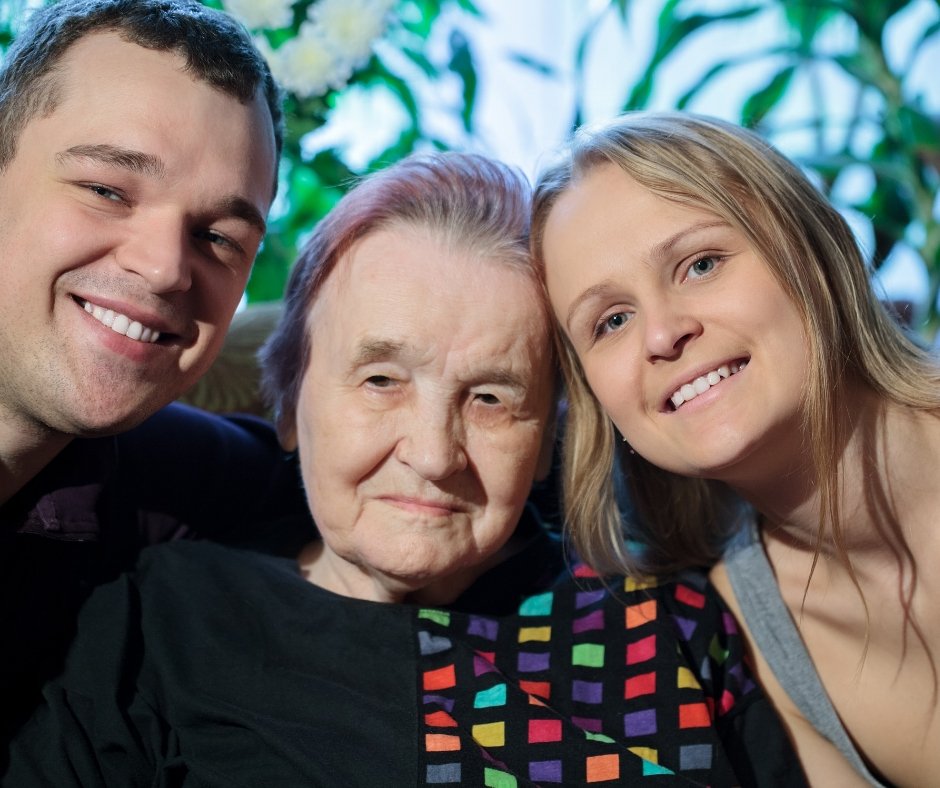
People who have dementia appreciate being surrounded by comforting persons, thoughts, and things.
These usually help one to cope with some of the challenging issues that crop up as they are dealing with the illness.
Whether the person is living at home or at an assisted facility, ensure that they have all the items they cherish.
Loved ones should also try and visit them often to keep them company and keep them smiling. This also helps to combat stress a move that can lessen sundowning symptoms.
Reduce demands on the person with dementia

If a person has late-day confusion, try and make their late afternoons and evenings as stress-free as possible.
It should be a time when they just relax. This includes telling the person to do things that you might think are relaxing, such as taking a bath, listening to music or meditating.
It might be helpful because it means that their brain will not be giving in to the pressures of environmental demands.
Change tone
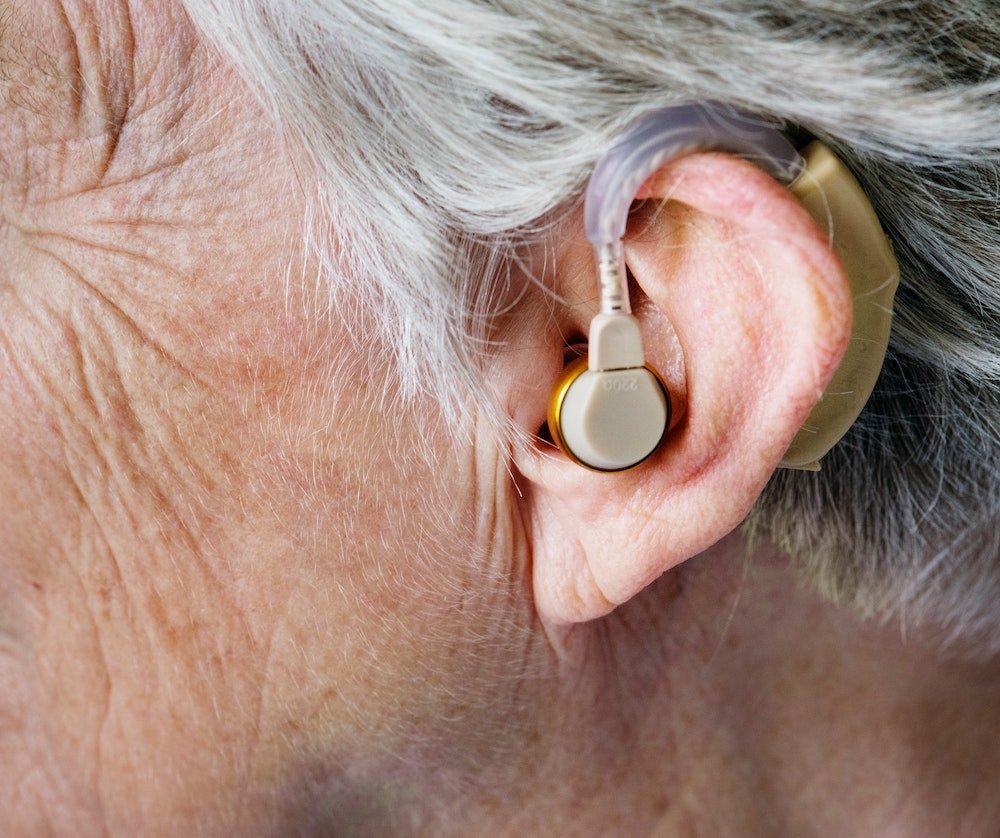
The way you talk to a person who is going through sundowning episodes must be addressed when tackling the issue on sundowning and dementia.
You must always use “inside” tonal voices talking soothingly and slowly.
Listen carefully to the response of the person you are caring for to see if you can arrest the source of distress.
If you feel like the individual is comfortable, sit close to them and reach out holding their hand and softly stroke his or her arm.
Enhance security in the home

This is especially helpful for those people who tend to wander due to sundown syndrome.
You can keep your loved one safe by putting in place measures like using the right type of window and door locks or installing motion detectors and door sensors so that those around can receive alerts when the person with dementia is on the move.
With this in mind, you need to avoid the use of restraints at all costs.
If the individual needs to pace, you can allow them to do so in a safe environment under your supervision instead of pinning them down a move that can make the situation worse.
Follow a chilled evening routine

Routines are not a preserve for daytime when you are dealing with a person with dementia. You can also have one in the evening to help ease the transition process.
Here you can include activities like stroking a pet, reading a book if it is possible, listening to soothing music, etc.
If you are watching TV or listening to the radio, set this to a program that is relatively quiet and calming.
People shouting or loud noises can distress individuals who have dementia.
If the above tips do not generate the results you desire, it may be time to seek help from a professional doctor.
He or she will check out the individual with dementia to offer appropriate solutions.
For instance, the medic might have to change medicines that an individual is taking so that he or she only takes drugs that help in relaxation and do not cause more confusion.
Medicine to Treat Sundowning

When dealing with sundowning and dementia, it is okay to be curious about whether any drugs that make these symptoms better.
This is because caregivers at times go through extremely overwhelming sessions where any interpersonal strategies they try do not seem to work.
Prescriptions are available, but a person with dementia should only use this as a matter of last resort. You must try everything else first before you go down the drug route.
A situation where it may be necessary to use medication is where there is a high degree of agitation that is running out of control and the caregiver cannot manage this effectively.
Medicine can help reduce distress so that the person who has dementia gets fast relief from their upset.
Examples of drugs that the doctor can prescribe include antipsychotic medicine which in as much as they can be effective, they can also carry certain risks.
This is why it is important to be very cautious when administering any type of drug to a person undergoing sundowning.




